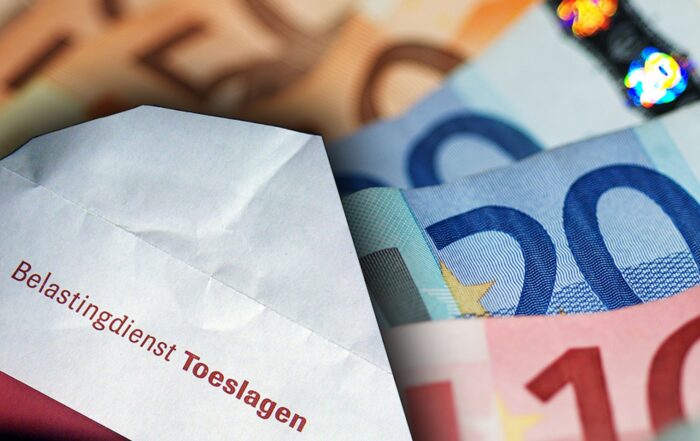A Guide: Utilities in the Netherlands
Cost of utilities in the Netherlands: Gas & Electricity
Experience the charm of cozy winter evenings with a warm shower, a hot cup of tea, and a snug bed in your warm bedroom—thanks to the indispensable services of a utility company. Curious about setting up your utilities in this country?
Navigate to reliable websites like:
- www.gaslicht.com
- www.unitedconsumer.com
- For English information, visit www.energievergelijken.nl/en.
Enter your postal code, house number, and current supplier. The list includes all Netherlands-based suppliers, with options like ‘onbekend’ (‘don’t know’) and ‘geen i.v.m. verhuizing’ (‘just moved, don’t have one yet’). The top of the list features the three leading companies.
Provide your annual usage or household size and indicate if your residence has solar panels for an approximate usage estimation. On the next page, explore offers, choosing from 100%-sustainable (‘green’), 50% sustainable, or 0% sustainable energy. Specify contract duration and preferred fixed or variable rates.
Considering actual or estimated consumption, view a list of monthly (or annual) amounts payable for utility services. Key factors to consider during your comparison include:
- The per-unit cost of gas
- The per-unit cost of electricity
- Delivery (administrative) costs, where a low per-unit cost might be offset by high delivery expenses
- Introductory (‘welcome’) rebates to attract new customers.
Make an informed decision about your utility provider to enjoy efficient and cost-effective services.
Moving in the Netherlands
Your first necessity is electricity, followed by a cooking gas connection. Multiple companies offer diverse plans to suit your needs, with the average monthly bill for gas and electricity ranging from 125 to 200 euros. Gas tends to be pricier than electricity, depending on your usage and appliance type.
Typically, energy companies offer yearly contracts allowing you to pay a fixed monthly amount. At year-end, they calculate your usage, refunding the difference for lower consumption or invoicing extra for higher usage.
For those who cook frequently, gas bills may exceed the expected cost. Opting for an induction heater running on electricity can be a cost-saving alternative, contingent on your usage. Choose LED lights over incandescent bulbs for enhanced energy efficiency.
Consider upgrading to energy-efficient appliances, each marked with an energy consumption sticker indicating its energy usage. Make informed choices to manage your gas and electricity expenses efficiently.










